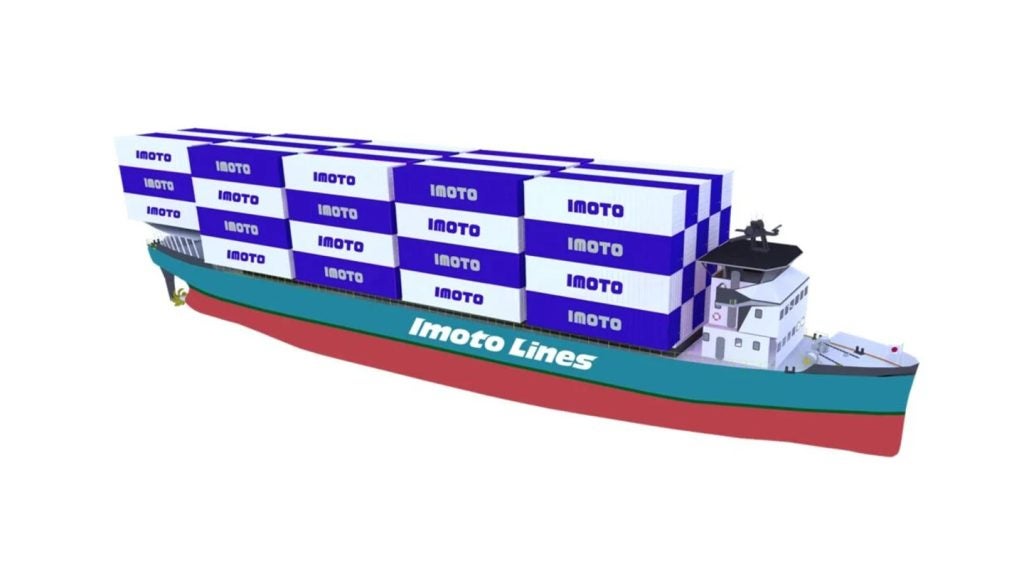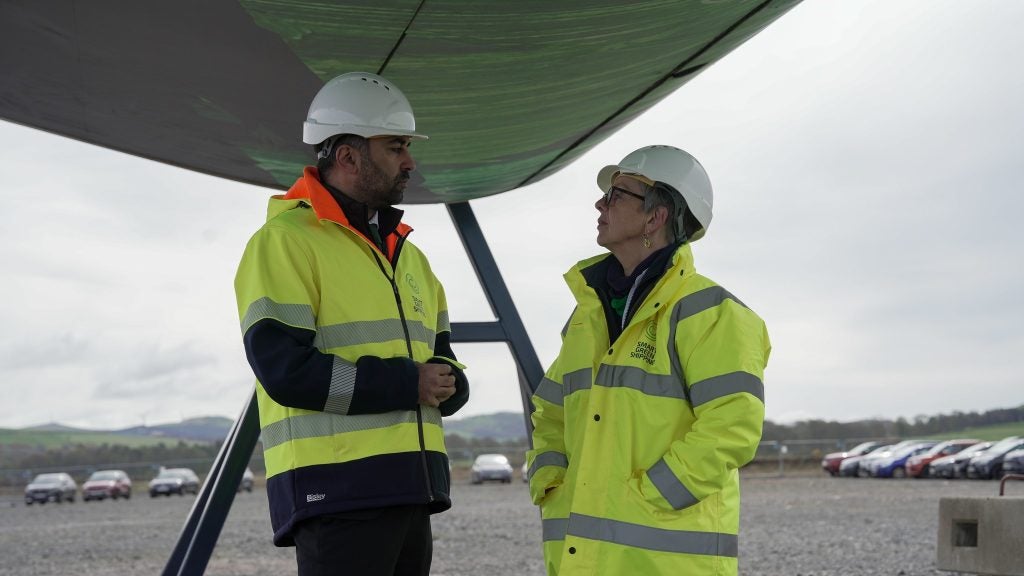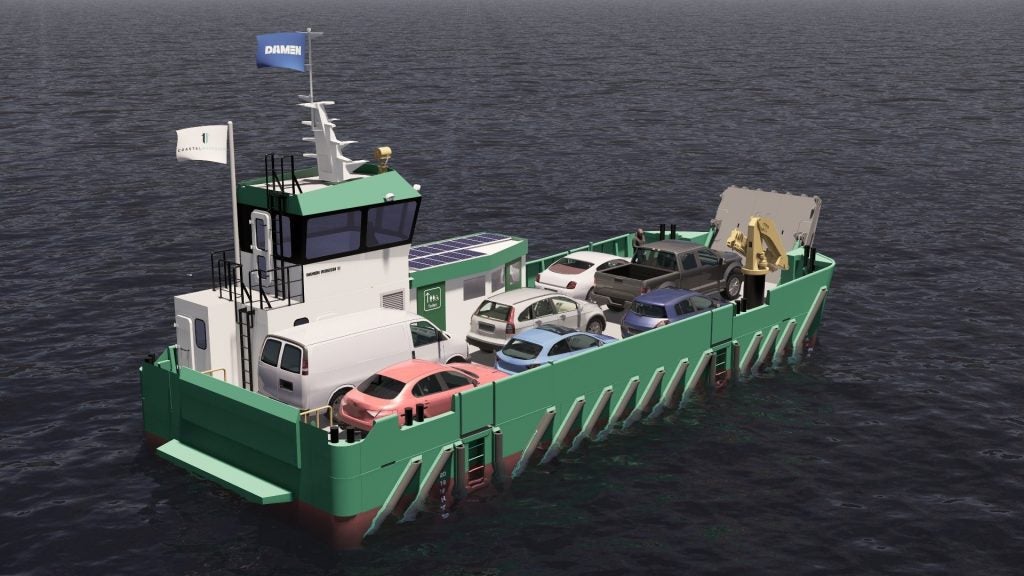The Internet of Things (IoT) is one of the growing trends in many industries, including the shipping industry. IoT in the shipping industry has revolutionised the sector by providing real-time data that helps in optimising shipping operations.
IoT-enabled devices such as sensors and GPS trackers provide useful data that can be used to monitor environmental conditions and assets, as well as manage inventory. This in turn helps companies to enhance efficiency, reduce costs and improve security.
In the future, IoT will continue to rapidly transform the shipping industry by providing more real-time data and insights that can be used to improve functions.
Discover the leading IoT companies in the shipping industry
Using its experience in the sector, Ship Technology has listed some of the leading companies providing products and services related to IoT.
The information provided in the download document is drafted for shipping executives and technology leaders involved in IoT solutions.
See Also:
The download contains detailed information on suppliers and their product offerings, alongside contact details to aid purchasing or hiring decisions.
Applications of IoT in the shipping industry
Enhances inventory and freight management
IoT can improve inventory and freight management by providing real-time information about stock levels. This allows businesses to order the amount of stock they need by reducing the chances of running out of stock or overstocking.
Improves cargo tracking
IoT can track packages throughout the shipping process and provide real-time updates on package location and on-time delivery. This information improves the efficiency of the shipping process and ensures that packages are delivered on time.
Additionally, IoT helps in monitoring the condition of packages in transit, providing data that can be used to enhance the security of the shipping process.
Predictive maintenance
IoT components allow vessels to perform predictive or condition-based maintenance by comparing current data with similar data of known equipment failures. It helps in recognising patterns and generates alerts when components need to be repaired or replaced. This avoids unnecessary maintenance and replacement activities thereby reducing downtime and off-time.
Provides energy efficiency
With the help of IoT-based fuel consumption monitoring systems, vehicles that deliver shipped goods can use less fuel, thereby increasing profits for businesses. IoT hardware can also remove much of the uncertainty about what shipping lines should do to reduce the amount of energy needed to operate.
Smart ports
Some ports are gradually becoming increasingly automated, using digital IoT solutions to assist with berth planning and weather issues. The IoT solutions assist in monitoring cranes, storage facilities, berths, and parking lots, among others. Tags also help workers to efficiently move containers to appropriate storage or transportation locations.





